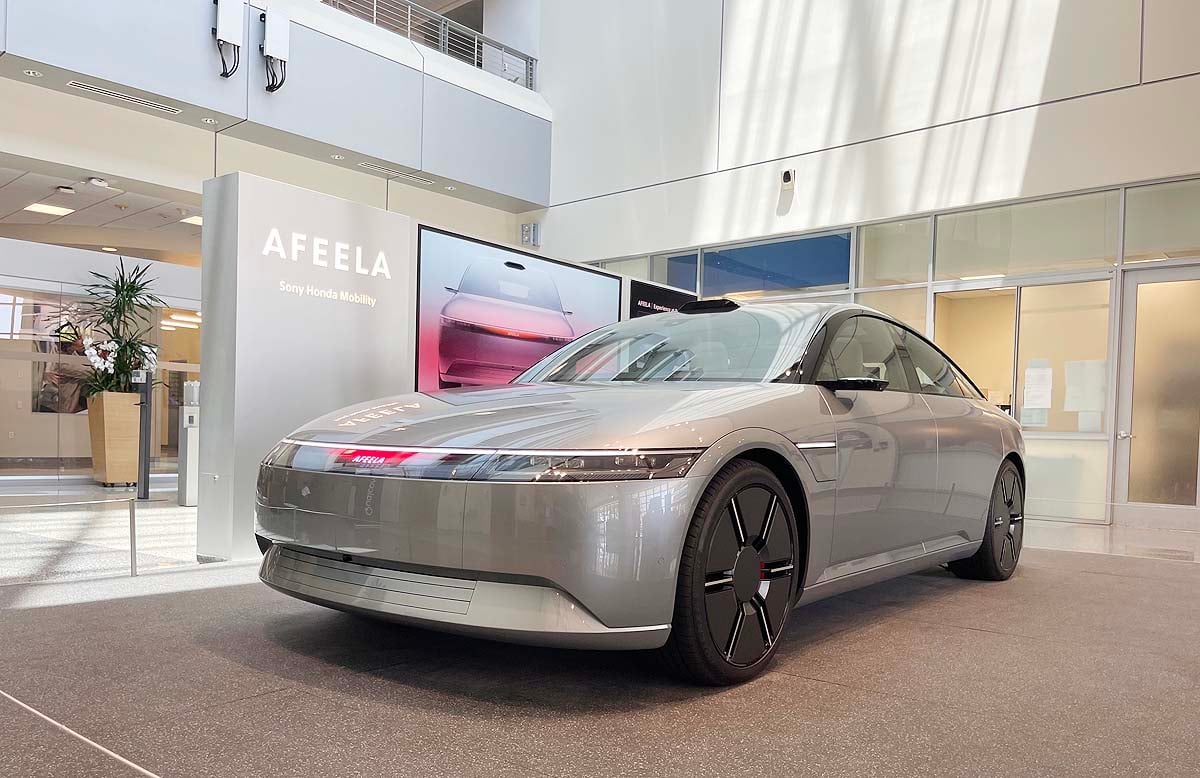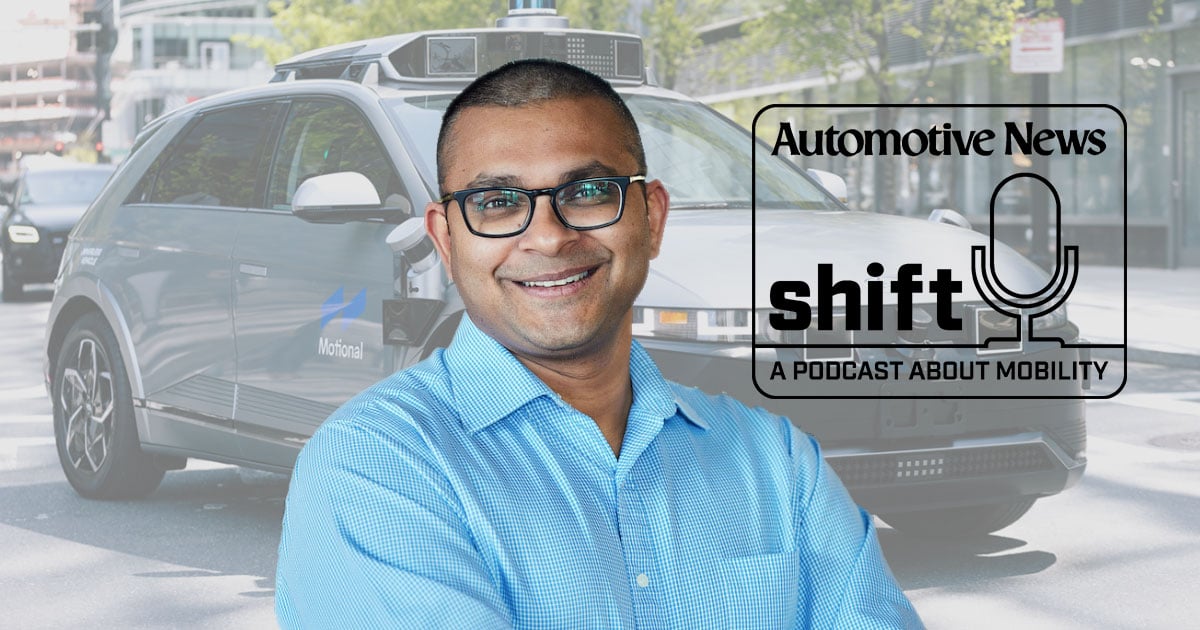<!–*/ */ /*–>*/
| Sony-Honda Afeela EV will rely on Qualcomm’s super chips |

Afeela, the new electric vehicle joint venture between Honda Motor Co. and Sony Corp., still has some details to reveal — such as how the high-tech cars will be sold, who will sell them and where they’ll go for service. But for now, the development project is taking shape as an aspirational brainchild of the two Japanese manufacturers.
Honda and Sony, both giants in their respective industries, are essentially creating a computer on wheels that can be personalized like a smartphone, socialize like a social media platform and make driving decisions like a human.
The joint venture, aptly named Sony Honda Mobility, is operating independently of the two marquee brands, dividing project responsibilities based on individual strengths.
But to bring their vision to life, Honda and Sony are also relying heavily on a more silent third partner: semiconductor and AI producer Qualcomm Technologies.
Qualcomm will supply the vehicle’s high-spec microprocessor set, called the Snapdragon Digital Chassis. Snapdragon is capable of 800 trillion operations per second. By comparison, chips in today’s cars usually range from 10 trillion to 50 trillion operations per second.
The Afeela EV will have 45 sensors, including lidar, eight cameras, expansive interior screens and built-in AI.
— Carly Schaffner
What you need to know
Fires risk turning EV progress to ash: Lithium ion battery fires have cast a shadow on new technology, from e-bikes to Teslas.
Auto industry exec, lawmakers stress China risk in revived AV policy debate: John Bozzella, CEO of the Alliance for Automotive Innovation, likened the situation to the transition to electric vehicles, citing China’s early strategic investments in EV technologies and its control of battery supply chains.
Does a ‘just right’ scenario for an EV transition exist? EV stakeholders, climate activists and industry critics weigh in on how fast the U.S. should move on electrification without handing China the advantage.

Roundup
In challenge to Tesla, major automakers launch EV charging network.
Next-generation Chevy Bolt to have Ultium battery.
Foxconn to take 50% stake in ZF axle system unit.
Volvo EX90 delayed by lidar system software integration.
Consumers are willing to subscribe for some in-car features, survey says.
Brain food
The U.S. EV market right now is unnatural, not just immature.
Last mile
Tesla to hand over Musk’s emails to JPMorgan in lawsuit over 2018 tweet.